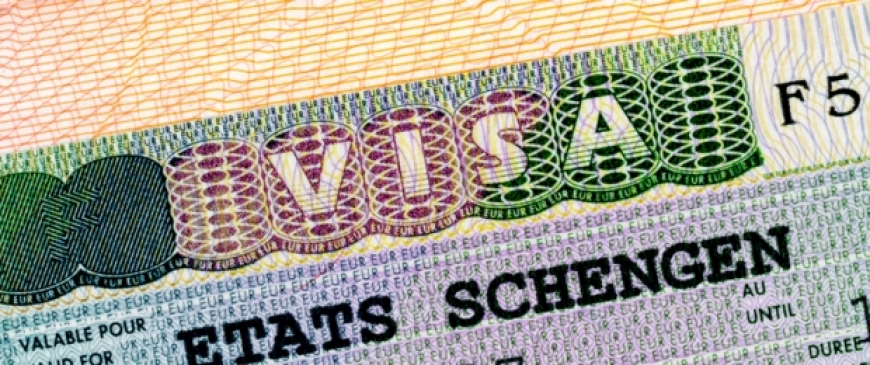
The European walled-garden: What's the root cause? what's the solution?
The EU expanded eastwards during the 90s and 00s did just the kind of thing we wanted: it was a force for openness that was making concrete policy to weaken the grip of the exlcuisve nation-stage. But as Hans Rosling points out, at the same time as the EU was fighting the exclusive nation-state, it was also, deep in the implementation of its directives, embedding mechanisms that have made the whole of the EU extremely exclusive. Rosling points to EU Directive 2001/51/EC which, in its implementation, has airlines bear the costs of any unsuccessful asylum-seeker arriving by air.
So, to try to have a concrete discussion, here are my four question:
Is the way that Directive 2001/51/EC has been implemented consistent with European Values?
Why was it implemented that way?
Do we know what the change to the directive ought to be to make it consistent with European values?
What needs to change - in the EU and in its member states, for the implementation to change?
Camino Mortera
Your email mainly refers to Directive 2001/51, which I was aware of, but I'm not an expert on. Indeed, the Directive was enacted to avoid having to process asylum claims in airports, and I also suspect it was one of this 'private/public' partnerships things the EU is so keen on when it comes to security measures. Think of any counter-terrorism legislation related to aviation security/terrorist financing, and you will see how the EU- and not the EU alone, Member States as well- outsource police and law enforcement tasks to private companies.
To be honest, I think this is not a bad approach: processing asylum claims at airport points would surely be quite inefficient and compromise security at the EU level. And I don't think abolishing (or changing) the way this works would make any significant impact on the crisis. To me, the answer lies in processing claims outside the EU, so that people don't risk the trip; and reforming the EU's common asylum system by changing the Dublin rule of country of first entry and harmonising asylum standards across the EU (including, if necessary, a new, decentralised EU agency). There are many other things to be done for this crisis. My Centre for European Reform piece with Ian Bond and Simon Tilford covers these additional proposals.
I believe that the asylum crisis, if not handled well, may result on a Schengen crisis- of the dimension of the Greek one. But, unlike the EZ crisis, I don't think we should be blaming the EU right now. We should, loud and clear, point fingers at those national leaders who have been hindering the work of the European Commission since well before this crisis began: the UK, my own country- Spain-, the CEE. It is them who should be ashamed, not the EU. I believe the EU is actually doing its best to defend European values of solidarity and democracy. I regret this does not get underlined more often, notably in countries like the UK, very much in need of some positive views of the EU these days.
Full article is available here
